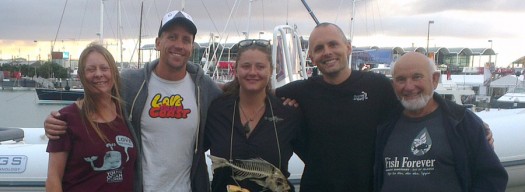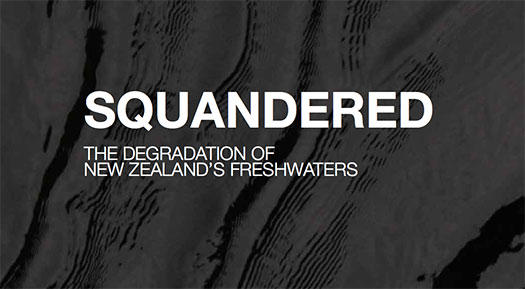We have just launched the Choose Clean Water website which is sponsored by the tourism industry and will support the Choose Clean Water Tour. It highlights how people use freshwater in NZ,the plight it is in and supports a petition to do something about it.
How to be wild and free
“No!” This is how we teach restraint, over time the child masters the rules and becomes a functioning member of society. But he finds pleasure in the quiet places where no one can yell “No” at him, places where the rules don’t apply, where he can be wild and free.
There is a huge psychological transformation that occurs when you’re outdoors and find that you are no longer alone. Every imaginable cultural judgement can be projected in just a single person. They are not just changing our behaviour they are changing how we think, making us self conscious.
Some people feel this more than others, but perhaps this is why humans bleat and stomp about environmental rules. Because when we are in the wild with all those wild things, we feel wild too. We feel free from all those rules and judgements, those “No”s. So we fight those that tell us “don’t go there”, “don’t kill that” or “leave that alone”. Because they are reducing our freedom, which is true. But unfortunately we live in a world of human expansion and decreasing environmental resilience, our choices now have a greater cost than those of previous generations. We are slowly learning we can longer afford to be wild, we have to share our freedoms, not just with this generation but the next one too.
The reason the human population has grown so fast is because we are so adaptable and culture (our behaviours and technology) has evolved and will continue to evolve much faster than our genes. Those that are following the rules, participating in restoration, conservation, trash removal, pest eradication, citizen science and moving from eating to recording wildlife are developling a new culture. This new culture is already growing fast and with it some of our wilderness is coming back, building resilience and expanding our freedoms. We are finding a new way to be wild and free.
Why we need to do something to fix our freshwater
![]()
Grave warning for NZ’s freshwater life
NZ’s ‘clean environment’ under threat
Water pollution – we can fix it
Most rivers in New Zealand too dirty for a swim
Dairy conversions still hurting our lakes and rivers – commissioner
Dairying’s environmental harm a ‘zero sum’ – study

Many NZ rivers unsafe for swimming
Dairy continues to damage water quality
Cooking oil the tip of the iceberg for polluted Canterbury waterways
New Zealand’s ‘high risk’ beaches for water quality
Manawatu River ‘among worst in the west

NZ water quality getting worse – report
Completely backwards step for freshwater – expert
Is New Zealand really clean and green? A new report suggests we’re not
‘Massive intensification of dairy farming’ is killing freshwater fish – expert

Water quality getting worse – report
Labour: Govt failing on water quality
Lake water quality deteriorating – Smith
Cities urged to act on water quality
Kiwis too optimistic about water quality
NZ walk to raise water quality awareness
Changes to land use bad for water quality – Commisioner
Some farmers refuse to comply with water quality standards
Dairying blamed for damaging South Island water quality
Labour criticise Govt’s three year delay on water quality laws
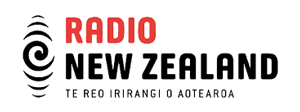
Public ‘misled’ over river water quality
Farming damaging environment – report
Environment report depressing – opposition
Deadline to fix Canterbury rivers missed
Freshwater species disappearing rapidly
No prosecution over Tukituki River pollution
![]()
Environment Commissioner warns water quality is “not out of the woods yet
Water quality: Vulnerability & mitigation
Water quality: Changing land use
Managing water quality: Examining the 2014 National Policy Statement
Thanks to Tom for the links
Gulf Journal
Predators in our midst
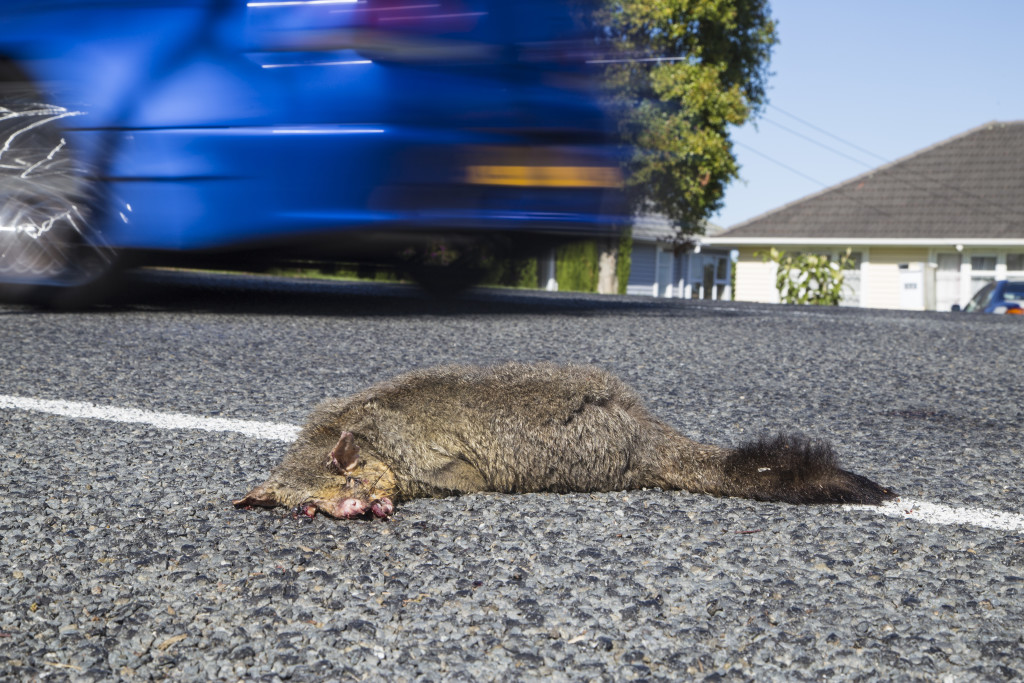
When I first started trapping I was amazed by the quantity of Possums I caught. I worked multiple trapping lines in the city that were surrounded by houses, roads and waterways. Where were the possums coming from?
There were two articles about local rat ‘attacks’ Rat chews ear of sleeping 9-year-old & School warns students over rats after teen bitten by dying rodent recently. And they got me thinking again… where do they come from? Do the rats really come from the bush like the article claims or are the rats just as dense in suburbia? And what of the possums? Maybe it’s time we put some tracking tunnels and wax tags up in our backyards because if we really want a Predator Free NZ we are going to have to start at home.
Freshwater Foundation

I am helping some awesome people setup the Freshwater Foundation.
Mangroves growing in tyre tracks
Squandered
BioBlitz
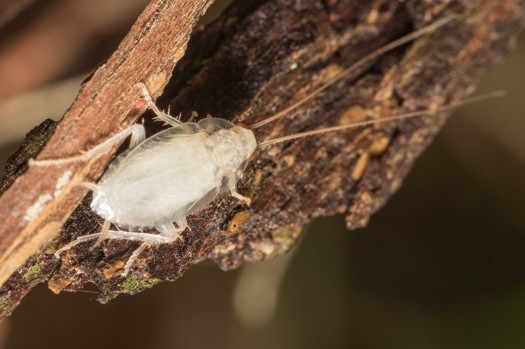
BioBlitz is awesome. I had a great time learning about fungus:
http://naturewatch.org.nz/observations/1342538
http://naturewatch.org.nz/observations/1342527
http://naturewatch.org.nz/observations/1342521
http://naturewatch.org.nz/observations/1342520
And had a great time exploring the bush at night:
http://naturewatch.org.nz/observations/1342536
http://naturewatch.org.nz/observations/1342534
http://naturewatch.org.nz/observations/1342531
http://naturewatch.org.nz/observations/1342530
http://naturewatch.org.nz/observations/1342529
http://naturewatch.org.nz/observations/1342516
http://naturewatch.org.nz/observations/1342515
Seaweek
I went to a few events during Seaweek and spoke at one event (with some really inspirational people) about mussel reef restoration.
